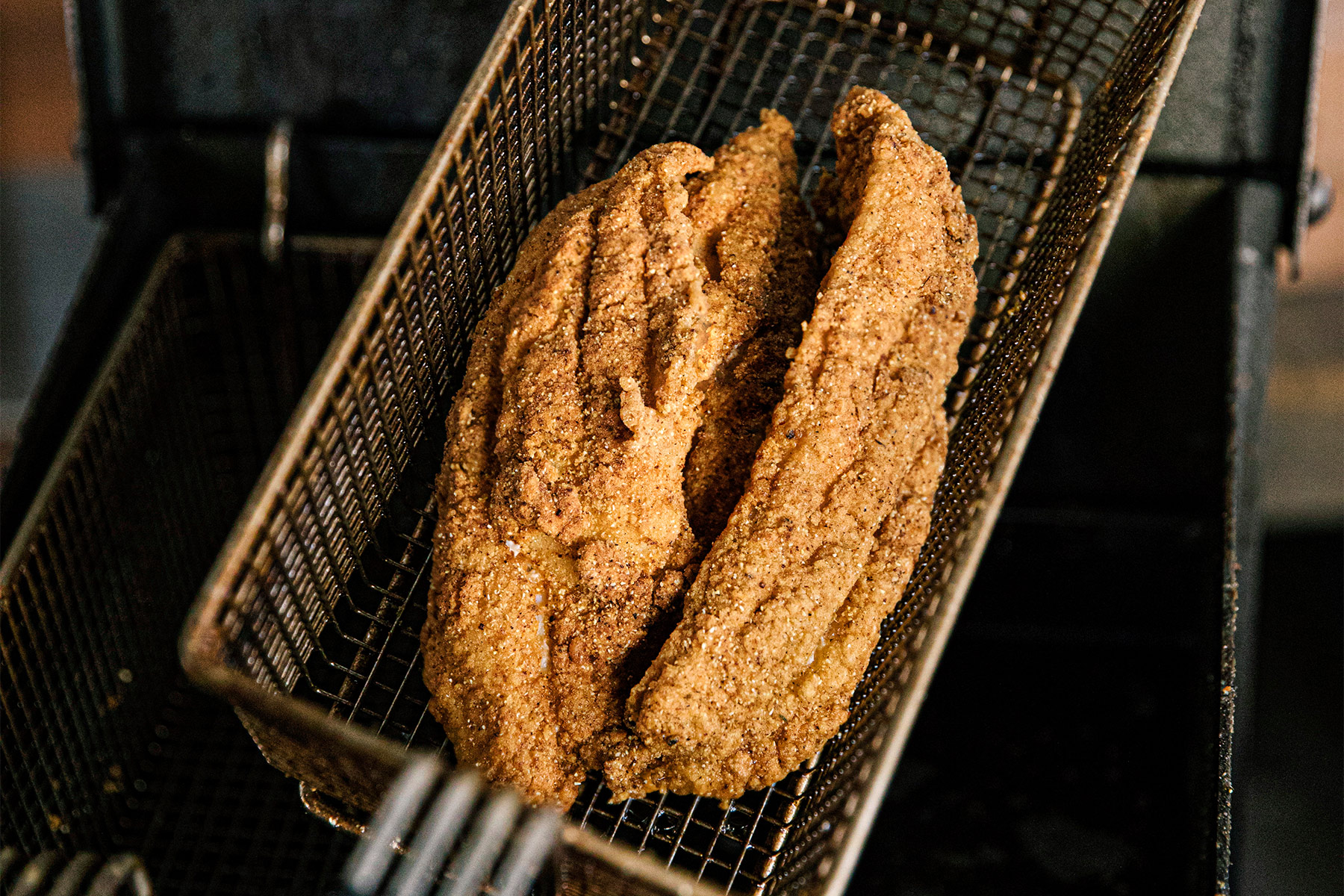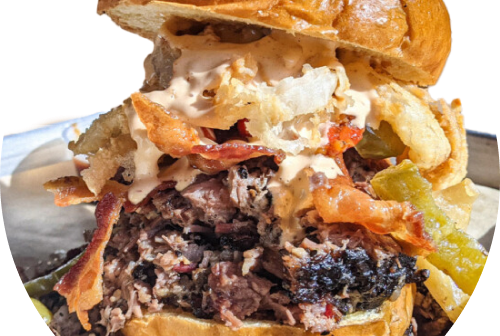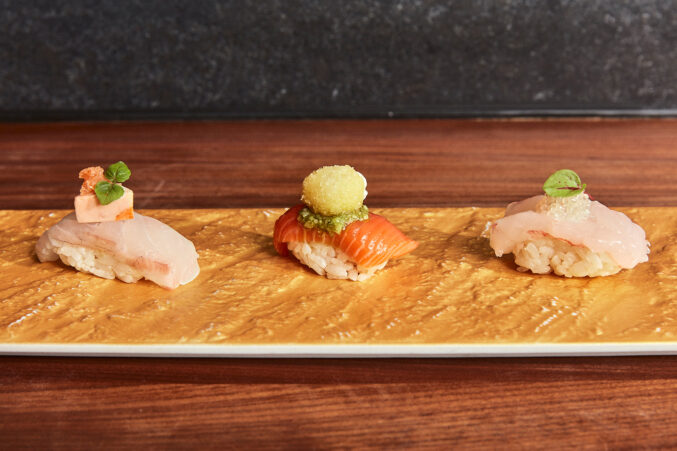For our October issue, contributor Dalila Thomas takes us on a tour of some of Dallas’ best soul food restaurants, from Styrofoam joints to white-tablecloth establishments. There’s fried chicken and waffles, barbecue and biscuits—even vegan Salisbury steak. But in spite of the variety, it all shares a complicated history.
In the American South (and North), slave owners controlled food supplies. According to Adrian Miller, the James Beard Award-winning author of Soul Food: The Surprising Story of an American Cuisine, One Plate at a Time, most enslaved African-Americans received weekly rations consisting of an inexpensive starch (cornmeal, rice, or sweet potatoes); a modest amount of dried, salted, or smoked meat; and a jug of molasses. It was up to the enslaved to supplement their diets by growing their own vegetables (some with seeds, like okra, brought with them from Africa), foraging for wild greens, hunting, and fishing.
After the Civil War, black church gatherings became a place for celebration, with decadent foods like fried chicken and fish, buttery cakes, and pies sweetened with refined sugar. Daily meals weren’t that different than those of slavery—heavy on vegetables, light on meat, and subsidized with starch. Sharecropping meant that many poor tenants were forced to maximize commodity crops in order to pay the rent, leaving little room for gardening for personal consumption.
In search of a better life, millions of Southern blacks headed north as part of “The Great Migration.” Cooking foods from home was a way to build community. But in many urban cities, conditions were cramped. It was often easier and cheaper to eat out than cook at home. Restaurants started meeting the need, and the term soul food was applied as a point of identity and pride in the 1960s, even though it had been coined several decades earlier with the advent of jazz.
Now, soul food is morphing once again. Farm-to-table trends mean seasonal vegetables and heritage animals are being emphasized alongside traditional techniques. And vegan and vegetarian versions are coming to the forefront. It may seem at first like an oxymoron, but vegan soul food may be the truest version of the cuisine. It is a reminder that soul food came from humble and limited ingredients, which were ingeniously repurposed not only for survival but also as a means of cultural expression. And that there wasn’t always bacon grease to fry with.






